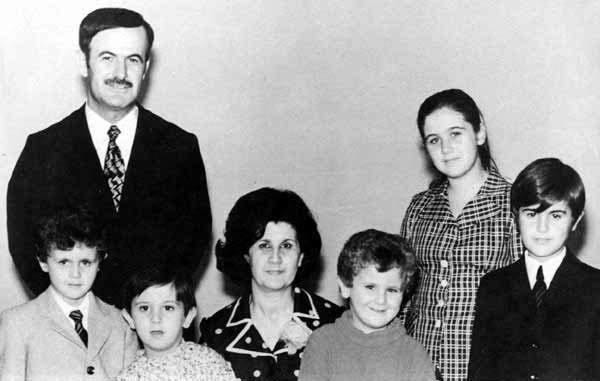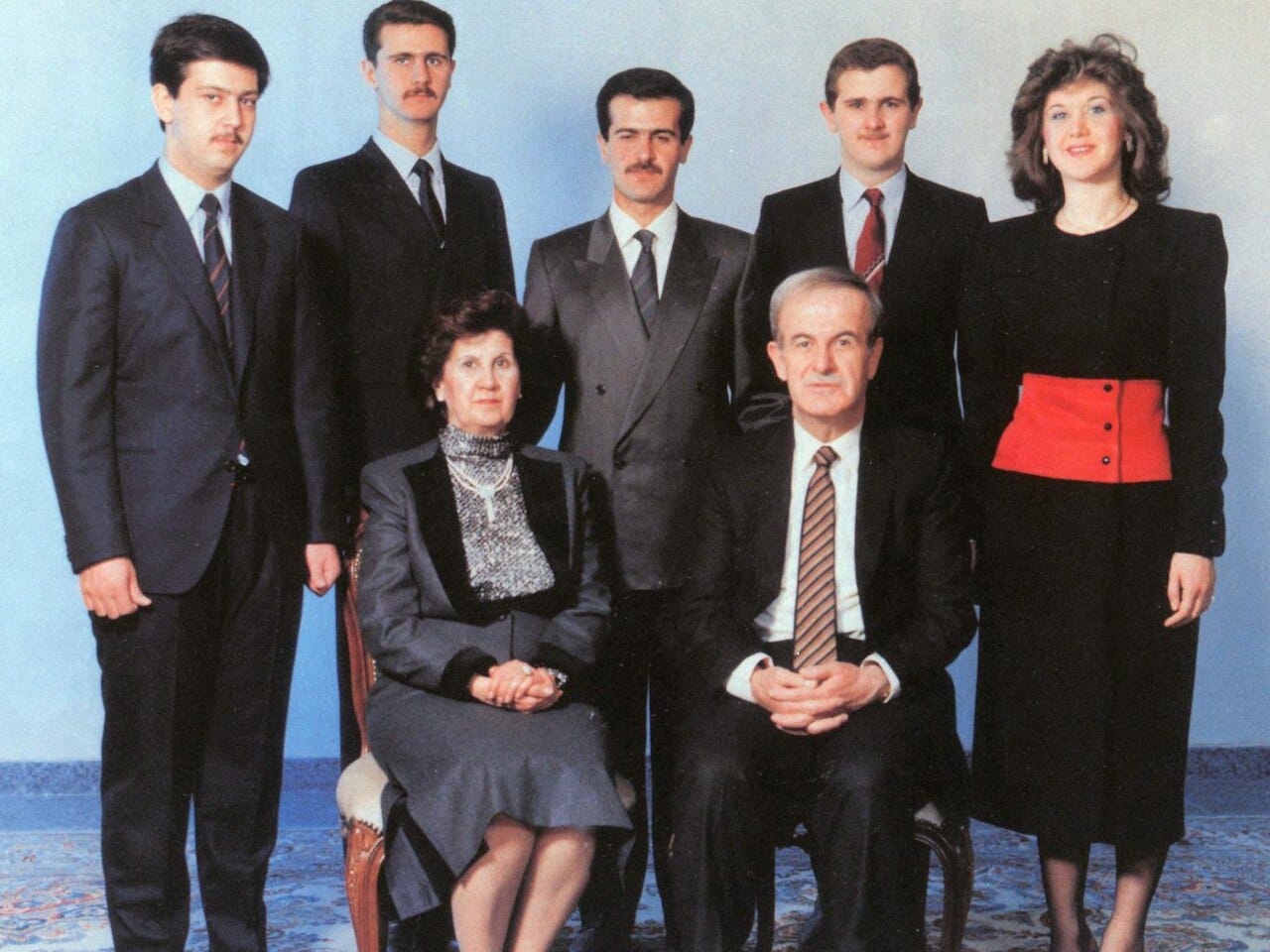The truly great Mafia boss is the lord of life and death. You do read references to ‘Mafia courts’, but I rather doubt these exist in any real sense. When the boss sentences someone to death, everyone in the family will acknowledge the rectitude of the decision. The reason is simple: the boss does not have people killed for anything less than a most serious cause. When a corpse turns up in a public place, or when someone disappears, people know what to think: the disappeared person or the murdered person must have done something truly terrible. The usual crime is treachery, being a police informant, which is unforgiveable, and such murders are justified as self-defence. The other type of murder, of the agents of the state, is also self-defence, but it is important to notice that these sorts of murders are very rare these days, as they are seen, quite rightly, as counter-productive. It makes far more sense to buy off the police and the magistrates, and, sadly for the state, its officials are not immune to bribery.
The death penalty in the Mafia world is sparingly used, and when used, seen as justified self-defence against the unjust aggressor, the state, which lacks all legitimacy and credibility. What has natural authority is the family, the tribe, the clan. The state is a bunch of thieves, what Saint Augustine called a latrocinium. Obviously Augustine was speaking of a state that did not acknowledge rule of law, but that is exactly what the Italian state is in the eyes of Sicilian traditionalists. Italy came into being through fraudulent plebiscites and has lacked credibility ever since. Indeed, even outside Sicily, even the Italians who have no sympathy with the Mafia, see Rome as the ladrone, the big thief, the oppressor.
Bad Mafia bosses, and there are some, indeed many, use the death penalty with gay abandon, killing people for very slight reasons, and in so doing undermining their own authority. A ‘good’ Mafia boss has to keep his pique and chagrin in check. He uses the ultimate penalty sparingly; he has to, if it is not to lose its shock value. And of course the ‘good’ boss never orders the death of women and children. That Matteo Messina Denaro did marks him out not just as a very bad man, but as a very bad boss too. But Messina Denaro was emphatically not a traditional Mafia boss. He never went to Church, he rejected a religious funeral, he was an outspoken atheist, and he never married.
The traditional Mafioso is uxorious. One cannot imagine don Vito Corleone straying from the marital bed, and his son Michael is also uxorious, at least in the novel. (In the films, after he divorces Kay, he does not find someone else, and he strongly disapproves of Connie’s serial marriages as well as Fredo’s shenanigans in Vegas.) In my books I have taken up this theme and varied it. Don Traiano is uxorious in the extreme. Other youngsters are very attached to their mothers. Well, that is the Sicilian way. But don Calogero does not really care about the love of a wife, as his heart is set on power, and that means that he dotes on his children, just as Traiano dotes on his. Moreover both are polyphiloprogenitive, that is they like having lots of children. Children are a sign of power, something we in Britain have long lost sight of.
Arkan, the famous Serbian Mafioso, terrorist, gang and militia leader (who is something of an inspiration for certain characters and scenarios in The Chemist of Catania series) had nine children by five different women in his forty-seven years of life. The first was born when Arkan was in his early twenties, which strikes me as quite late, as Arkan began his criminal career at the age of fourteen, or rather that was when he was first sent down for theft. Children reach adulthood young in the Mafioso milieu. For the Mafiosi, if children are power, then women are the guardians of the sacred relationships between men and their sons, their brothers and their brothers-in-law. Moreover, the women are the ones who maintain the clan relationships, especially when the men are imprisoned. They also determine who is un bravo ragazzo, ‘a good boy’, and who not, who should marry who. There are no longer matrimoni combinati, arranged marriages, as such, but Mafia marriages are arranged marriages in all but name. Because the Mafia is clan based, who marries whom is very important: daughters and sisters represent the prospect of cementing new alliances or reinforcing old ones.
But family life does not always go to plan, does it? Don Calogero di Rienzi is blessed (that is not quite the word) with a mother and two sisters, and all three are powerful. The mother does nothing, but controls everything, and the son is in constant conflict with his mother, without a word ever being said. He is able to carry out his ‘worst’ and most personal murder only because the mother has given her longstanding though tacit permission, as have the sisters. But he knows that he is forever in their debt, in thrall to them almost, and he resents it. But that is the nature of power: it comes with strings attached. You are always in debt to someone. And that someone is usually a woman, the sort of person you cannot, infuriatingly, have murdered, and who consequently has a degree of license not granted to men. Yes, you are the lord of the power games, but it is still a game, meaning that it has rules which you cannot break.
Arkan was eventually assassinated, though the circumstances remain murky to me; but he is still regarded as a hero by many in Serbia. As I have written previously, the same goes for Salvatore Riina. These men had their fiefdoms, indeed, in Arkan’s case, their own private army. But today there are Mafia super-bosses who control entire countries. But keeping the family structures tight can be, in the long-term, disastrous. Arkan was in with almost everyone who ran the old Yugoslavia; Riina was part of a tightknit gang from Corleone; both ended badly, one assassinated, the other dying in jail. But the most dramatic example of a family (in both senses) gone bad is what has happened in Syria.
Bashar al-Assad was not his father’s anointed heir; that was Bassel, who died in a car crash; Bashar inherited because he was the only one left. But the difficulties go back a generation, to the time when Hafez al-Assad fell out with his original heir and right hand, his brother Rifaat. While Bassel was a playboy, and Bashar an eye doctor, Rifaat was a trained street fighter, quite literally, being responsible for the brutal massacres at Hama in 1982. Rifaat should have succeeded, but plotted against his own brother, and was exiled. Uncle Rifaat is now almost ninety but he and his children are very well connected in the world of Alawite politics.
It gets even more complicated. Bashar has a sister and a brother, Bushra and Maher. (There was also a third brother, Majd, who was mentally ill, or so it was said.) The former was married to a general in the army, now deceased, killed in the civil war. Back in 1999, the general was shot in the stomach in the course of an argument with his brother-in-law Maher. How that affected future relations in the family circle, I do not know, but can imagine. It must have been a headache for the matriarch of the clan, Hafez’s wife, Anisa. It was this formidable lady who put the steel into the shy and retiring Bashar when the civil war started. It is thought by some that without her influence, Bashar might have taken the road of compromise. Bashar is supposed to be estranged from his sister Bushra, who does not like his wife, and some think that the death of Bushra’s husband may not have been entirely due to enemy action in the civil war, but might have been her brother’s doing. You could not make it up. The Assads are, of course, a Mafia family, but a Mafia family that has gone wrong; but keeping any family on the straight and narrow path is, as well all know, quite a challenge.
When you write about the Mafia, you are constantly surprised: you think your imagination is running away with you, but then you discover that, well, truth is a strange as fiction.
Incidentally, I once met someone who had been part of the Assad family circle, and I asked him about Bashar. ‘He was really nice,’ he said. ‘Mind you,’ he reflected sadly after a pause, (this was some years into the civil war) ‘Bashar has changed.’ I didn’t reply, but I was unconvinced. It seemed to me then, as it does now, that Bashar has always been the same: the younger and inadequate son who inherits a Mafia empire.




Gregory III, (Emeritus) Patriarch of Antioch and All the East told us, way, way back in 2014 that although he had never met Bashir Al-Assad, relations between Muslims, Alawites and Christians were quite good and he hoped that the situation would continue into the future. No such hopes were entertained in the event of a radical Islamist takeover of Damascus. The centre alas, could not hold, to paraphrase Yeats. And so we wait with bated breath for a third showing.